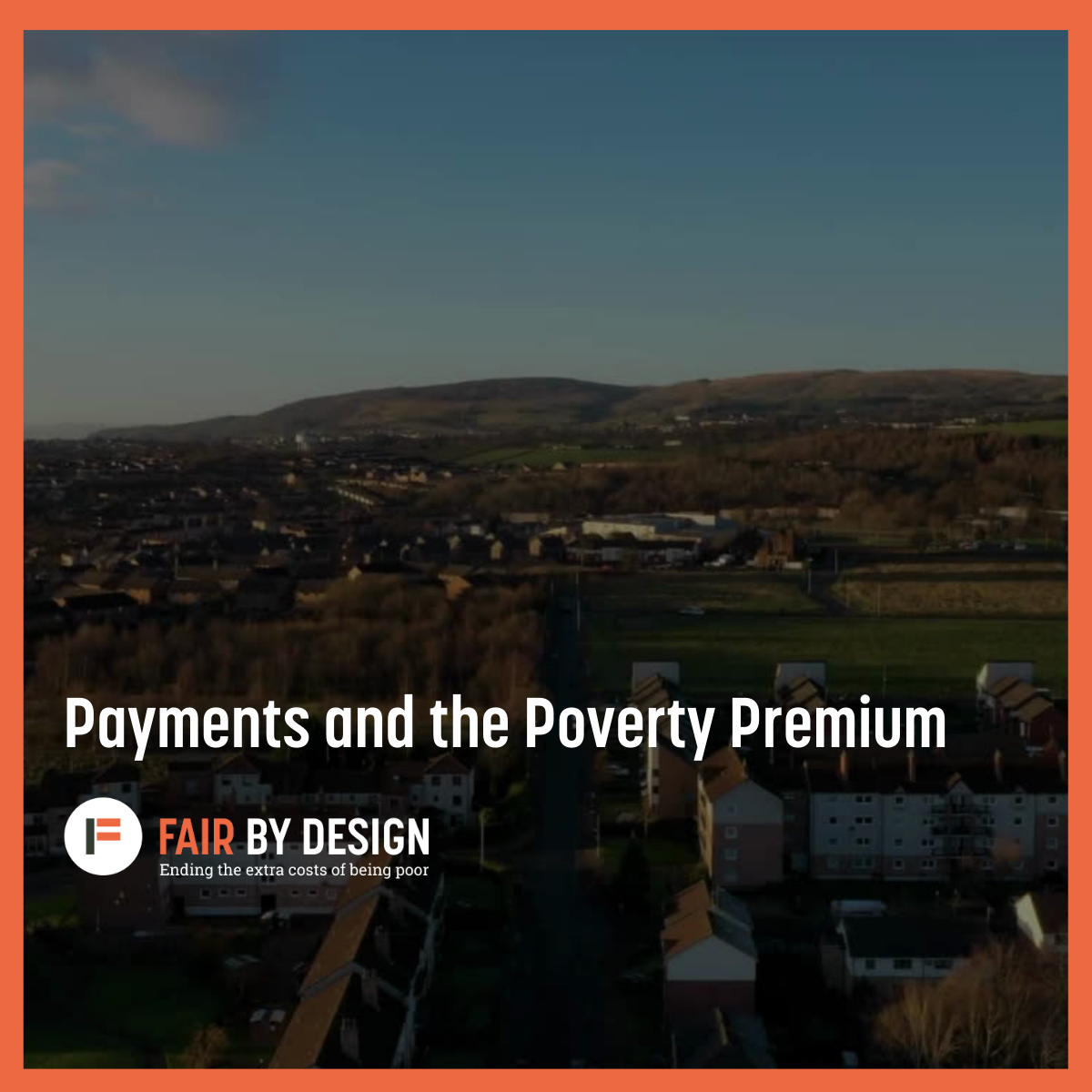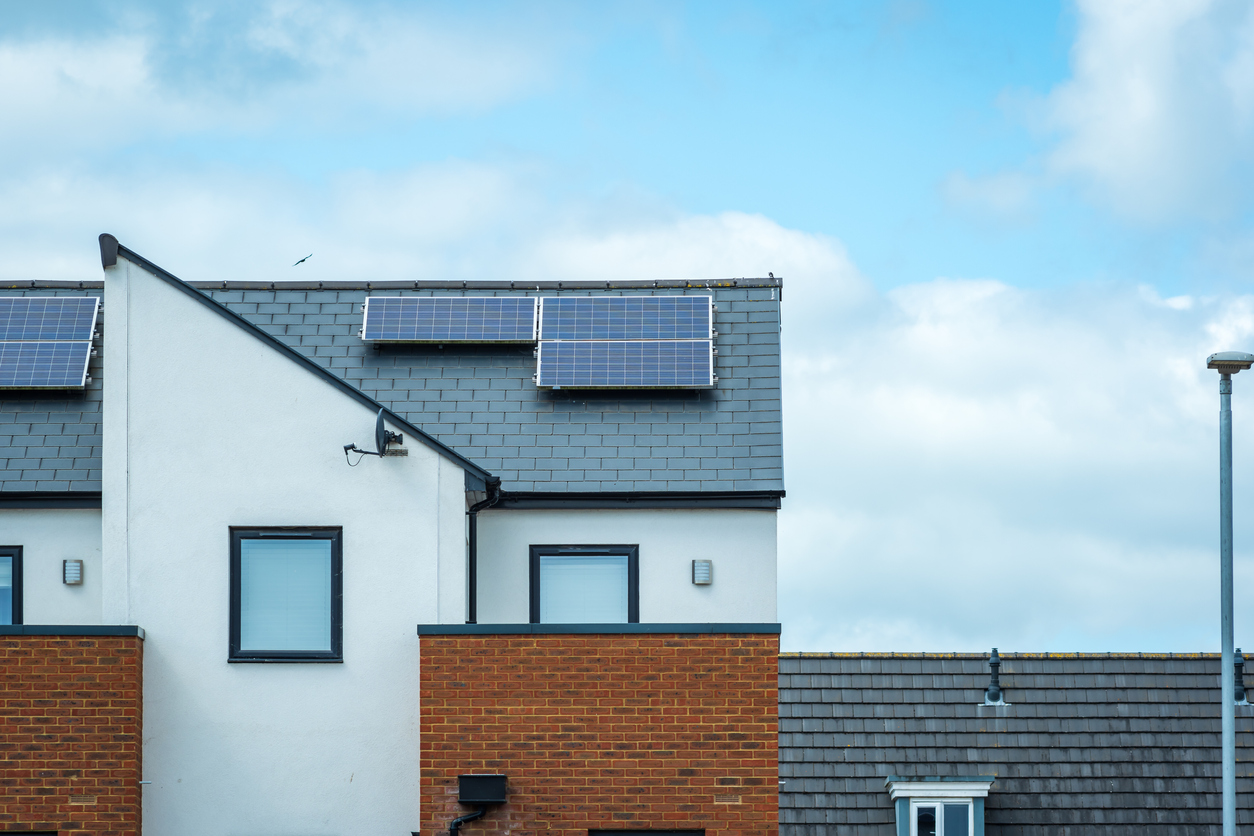THE INEQUALITY OF POVERTY: PEOPLE WITH CERTAIN PROTECTED CHARACTERISTICS ARE MORE LIKELY TO BE PAYING A POVERTY PREMIUM
People on low incomes and with certain protected characteristics are more likely to be paying extra costs for essentials such as electricity, gas, credit, and insurance according to research commissioned by Fair By Design. This is the case even when compared with low income households as a whole. The findings suggest that the UK marketplace is discriminating against groups of people, albeit indirectly.
We already know that some protected characteristics are linked to an increased risk of poverty. We also know that the pandemic has disproportionately impacted these groups[1], in terms of both financial and physical wellbeing. As this new research shows, people’s resilience is also affected by having to pay a premium for being poor. Intersectionality also plays a large role: the more protected characteristics a person has, the more likely they are to be in poverty – and paying a poverty premium.
- Energy: People from Black, Asian and other ethnic minority households are more likely to be paying extra costs for energy, incurred through paying on receipt of a bill, rather than by direct debit, which is usually cheaper. Single parents were more likely to pay for energy through, more expensive, prepayment meters. This reflects that these groups are more likely to be in low-paid or insecure work, and therefore need more flexible payment methods to help keep control of their finances. People with disabilities were more likely to be paying by either of these methods, than those without disabilities.
- Credit: High-cost credit premiums are also more prevalent among some low income households. Single parents and under-35s are most likely to have used high cost credit. There is also evidence that Black and Asian households are more likely to have reduced access to bank loans or be excluded from the credit card market.
- Insurance: People from Black, Asian and other ethnic minority households, lone parents, and people with disabilities, are most likely to be without insurance. The issue of underinsurance is a hidden or ‘latent’ poverty premium. People go without insurance for a range of reasons including high prices, unsuitable products, or being refused cover. But this leaves them excluded from the market and susceptible to paying over the odds when something goes wrong, sometimes having no choice but to resort to expensive credit.
The findings indicate people with certain protected characteristics are disproportionately affected by extra costs when accessing essential services. This might be because insurance underwriting processes consider them a higher risk as they live in a deprived area or because of a health condition. Or they might prefer to pay with cash on receipt of a bill because it helps them with budgeting.
A good place for regulators and policymakers to start to tackle this would be to return to the original aim of the Equality Act: addressing socio-economic inequalities. By using the Act to guide them, they can reduce the poverty premium for those covered by it. Regulators and policymakers can take action now even if there is no legal obligation.
Martin Coppack, Director at Fair By Design, says:
“Covid-19 has thrown a light on links between insecure work, low incomes, and protected characteristics. But even before the pandemic, some people were paying more for life’s essentials because of who they are, where they can afford to live, and the options they have when they have to pay for things.
“To level up our communities, regulators and policymakers should work together to make sure people on low incomes can access the products and services they need at a price they can afford.”
Read the Executive Summary and full report.
[1] https://www.resolutionfoundation.org/app/uploads/2020/05/The-effect-of-the-coronavirus-crisis-on-workers.pdf





